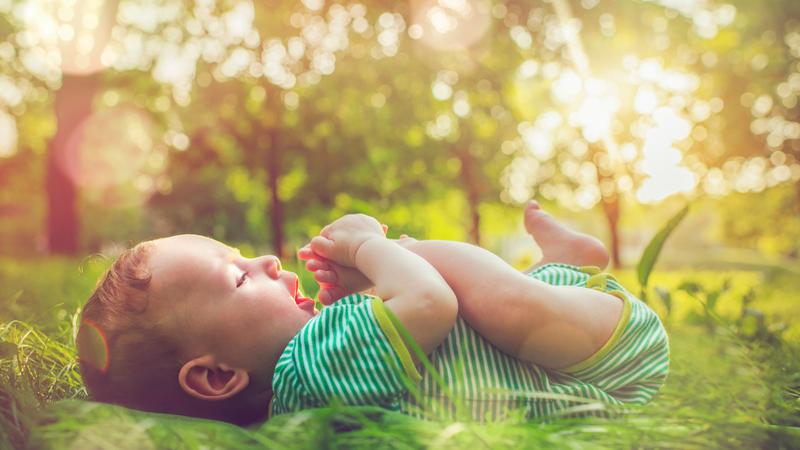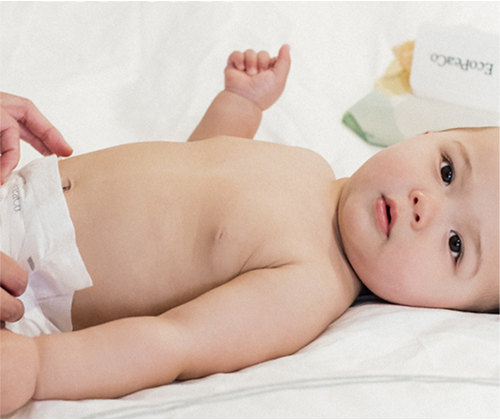Everything parents need to know about sunscreen use for babies and toddlers
It seems like a given - we know the sun’s rays are harmful on unprotected skin, so we should be lathering thick layers of sunscreen on our baby’s sensitive skin. Right?
Not entirely.
While it's important to protect their delicate skin, not every sunscreen is specifically designed for babies. It’s important to look for brands and types that specifically call out they’re made for babies and toddlers, and to read the ingredients to ensure they’re backing up their claims.
Do newborns need sunscreen?
Infant and newborn skin is especially vulnerable to getting burned by the sun. It hasn’t built up any resistance to the sun’s bright rays, and as you’ve probably discovered, can be sensitive to many things, from creams and ointments, to fabrics, and even moisturizers and fabrics on your own skin. So while it seems counterintuitive that the FDA and American Academy of Pediatrics (AAP) recommend not using sunscreen on infants younger than 6 months, this is because their skin is much more prone to side effects of sunscreen, like a rash.
How do I protect my newborn in the sun?
The best protection you can give your newborn is to keep them out of direct sunlight. Umbrellas, stroller covers, or large trees help to give them better protection, and your little one should wear a hat and appropriately sized sunglasses whenever possible. Although it’s likely hot, also look for lightweight clothing that covers their arms, legs, and feet, yet keeps them cool. Products like stroller cover screens are also great at providing your baby with light and fresh air, while giving them some protection. Make sure it's an item specifically to use as a stroller or carseat cover, as blankets draped over a carseat can actually increase the heat to dangerous levels. In addition to keeping baby out of the sun, watch out for signs of overheating, and keep them indoors between 10 a.m. and 2 p.m. if at all possible, as this is when the sun’s at its strongest.
What sunscreen is safe for babies over 6 months?
Once your little one turns 6 months, they should start using sunscreen. Look for a broad-spectrum sunscreen with an SPF of 30 or higher, and one that contains zinc oxide or titanium dioxide. These are hypoallergenic ingredients that sit on top of the skin instead of being absorbed. Cover their entire skin - it’s easiest to do this before getting them dressed, as we all know those little arms and legs can be difficult to maneuver! It’s important to follow the directions and reapply every two hours, or more if you’re spending time in the water or they’re sweating profusely. Continue to dress them in light clothing with ample coverage, and keep them in a hat and sunglasses as much as possible (though at this age, most babies spend a lot of time playing, ‘how fast can I take this hat off my head’).
Sunscreen tips for babies and toddlers
- Apply sunscreen about 15 to 30 minutes before heading outside - it needs time to start protecting the skin
- If you’re concerned about skin reactions, test a small amount of sunscreen on exposed skin a day or two before
- Cloudy day? Don’t skip the sunscreen. Clouds don’t block UV rays, and sunscreen should be applied year-round to keep skin safe (this goes for you, too!)
- Don’t forget the lips! Look for a child-friendly lip balm that has an SPF 15 or higher, and reapply throughout the day
- Look for broad-spectrum sunscreen that protects against UVA and UVB rays
Ultimately, the best protection for young babies is to keep them in shaded areas, out of direct sunlight - which goes for older children and adults as well. Reapply often and liberally, and ensure proper hydration to keep everyone safe and having fun!


